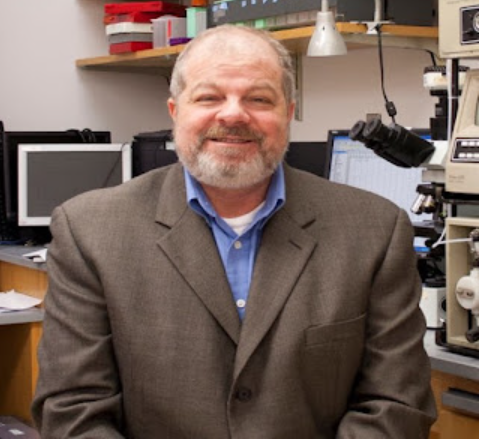The scientific community has recently mourned the loss of Dr. David H. Wasserman, a renowned professor at Vanderbilt University who passed away. Dr. Wasserman was a prominent figure in the fields of physiology and metabolism, holding the Annie Mary Lyle Chair in Molecular Physiology and Biophysics and serving as the director of the Vanderbilt Mouse Metabolic Phenotyping Center.
Dr. Wasserman’s research significantly advanced our understanding of glucose metabolism, diabetes, and the effects of exercise and diet on metabolic processes. His work was instrumental in exploring the regulation of muscle glucose uptake and the pathogenesis of diabetes, providing critical insights into how metabolic fuel systems operate under various physiological conditions. He played a key role in elucidating the mechanisms by which insulin and exercise stimulate glucose uptake in muscle, revealing complex interactions that have paved the way for novel therapeutic approaches to diabetes management and prevention.
Throughout his distinguished career, Dr. Wasserman received numerous accolades and awards in recognition of his groundbreaking contributions to science. His research was widely published in top-tier scientific journals, and he was a sought-after speaker at conferences around the world. He mentored countless students and researchers, many of whom have gone on to make significant contributions to the field of metabolic research. Dr. Wasserman’s dedication to teaching and mentorship was matched by his passion for rigorous scientific inquiry, making him a beloved and respected figure among his colleagues and students.
Dr. Wasserman’s work has had a profound impact on the scientific community, influencing both current research and future studies in metabolism and physiology. His pioneering studies on the interplay between diet, exercise, and metabolic health have informed public health strategies and clinical practices, benefiting countless individuals with metabolic disorders. His passing is a great loss to the scientific community, but his legacy will continue to inspire and guide researchers for generations to come.
In addition to his scientific achievements, Dr. Wasserman was known for his generosity, kindness, and unwavering commitment to improving human health. His colleagues remember him as a brilliant scientist who was always willing to share his knowledge and collaborate with others. His contributions to science have left an indelible mark, and his influence will be felt for many years to come. Dr. Wasserman’s legacy is one of innovation, excellence, and dedication to the betterment of society through scientific discovery.




